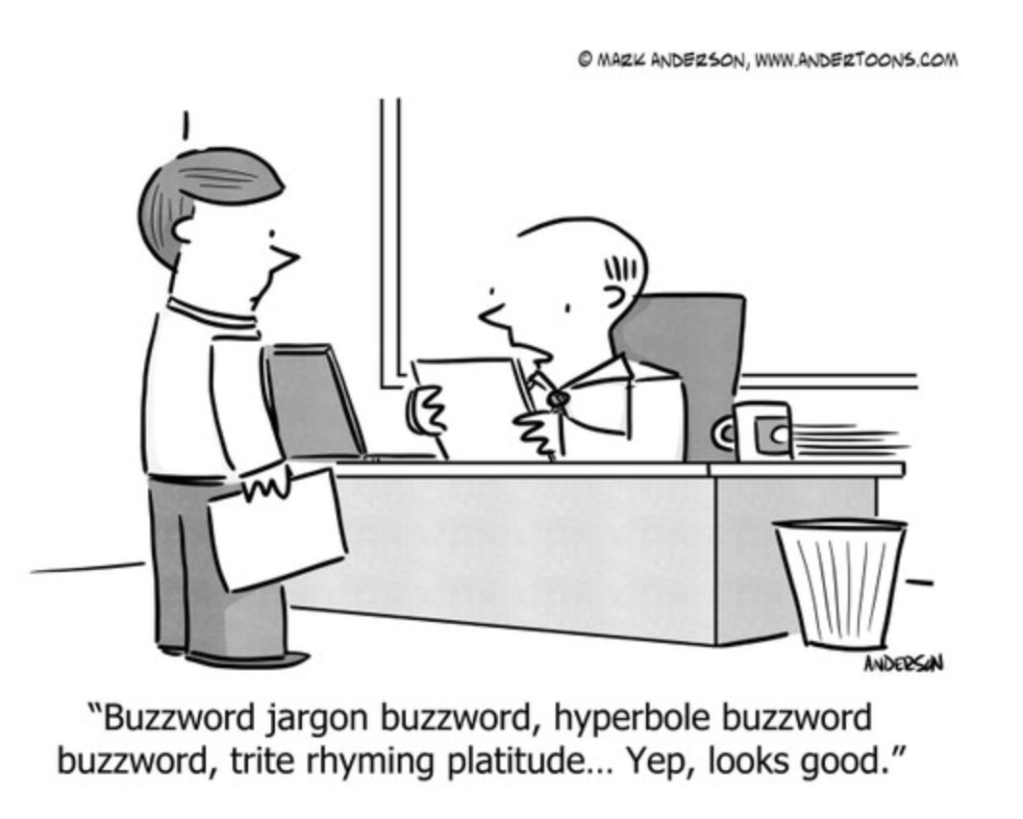Global health is heavily dominated by male leaders. But women seem to be leading the way on universal health coverage (UHC). In this article, I outline why this may the case, and argue why it’s high time to place UHC higher on the global health and political agenda.
Women leadership during COVID-19 – or in countries with UHC?
During the COVID-19 pandemic, one key finding was that countries with women leaders seemed to be faring better. As this article in Forbes summarises, New Zealand under Ahern, Germany led by Merkel, and countries such as Finland, Iceland, Denmark, Norway, Taiwan (and I’d add South Korea and Scotland) – all led by women during the pandemic – reacted faster, communicated more transparently, and tried to place the health of people above other interests.
What’s striking to me as I work on health systems and universal health coverage (UHC) this year is that these same countries also all have public health and health financing systems based on UHC. Looking back, the connection between UHC and pandemic preparedness was clear to many specialists, but it was rarely noted on front-page headlines or noticed by the public. At least I never recall seeing a headline stating “countries led by women and with UHC were more equitable and safe”.
Just this week, I noticed that a high-level panel discussion in London featured only women (and Rob Yates, who has championed UHC for decades). I also noticed that women-led global health partnerships are advocating for UHC, such as the co-authors of a Lancet Global Health article that was published this week (together with Justin Koonin, also a longstanding UHC advocate). When you look at the photos below, this is not the all-male-led global health landscape we typically see.


UHC and women
Why do more women than men seem to support UHC?
First, UHC aims to cover all people – including women and girls, who are often neglected, in particular in health systems that require out-of-pocket payments, or only provide health services to formally employed and insured people.
Second, UHC aims to provide all people with all essential prevention and care services – including sexual and reproductive services and care – affecting not only the health but also lives and futures of women.
Third, as women in most countries handle the care of family members and have caretaking roles in communities (including most frontline health worker roles), women are aware of diverse health needs, diseases and health burdens that are often neglected when policies are designed and funded in a top-down manner (often resulting in narrow vertical interventions and products, or focusing only on specific population groups).
Many men also advocate for UHC. When I worked at the World Bank, then President Jim Kim was a strong advocate for UHC. Barack Obama as President tried and men like Bernie Sanders continue to try to push America towards UHC. But looking at current global health leadership, and also increasingly heavily male-dominated leadership across all countries globally, very few men appear to be leading the way on UHC, or heavily prioritise other issues and agendas.
Women lead advocacy, but who leads on funding?
What strikes me most in the current global health landscape is that global health organisations led by med are also those that have the most funding. Their boards are also heavily dominated by men. Organisations led by women – many of which are frequently partnerships or coalitions – are stronger advocates for UHC, but don’t hold the purse-strings for billions of dollars.
Following national and global politics, I’ve noticed some parallels at the head of state level. Women were welcomed and celebrated as leaders in times of a pandemic, requiring high interpersonal and communication skills. But as other crises (such as the invasion of Ukraine or energy crisis) emerged, men were expected to take over and lead. Issues such as investing in health workers, protecting sexual and reproductive rights, or addressing issues such as mental health or chronic illnesses – all central to advancing UHC – and key to a more equitable and safer world – have dropped off the political agenda. It seems short-sighted to see these issues as affecting only women, or as must-haves only during the peak of a crisis.
I may of course be seeing correlations where no causal relationships exist. But looking at the photos above, and reflecting on where women lead – and where and when men still dominate – I’m left with some questions:
- Where are the men leading on UHC advocacy – and more importantly, implementation and funding?
- Which political leaders are implementing lessons from the pandemic, including strengthening health systems and making these more equitable, accessible, and affordable in all countries?
- Who is walking (and funding) the talk to make the world more equitable and safe?
Can we make the world more equitable and safe?
As I’ve stated many times before in these blogs and elsewhere, I don’t believe in all-women-leadership. I believe in gender equality that respects the value and roles of all genders, diversity across all dimensions, and allyship. I also acknowledge that UHC is a concept and framework that in its implementation to date still has many flaws in many countries.
But if we could move towards addressing the real and diverse health needs of real people, instead of selling silver-bullets that often prioritise products or infrastructure over people, and if we could build better health systems so that they are accessible and affordable to all people – and strengthen those people who deliver care and health services – UHC is in my view the best blueprint we have.
Women are currently leading the way on UHC, and on making the world more equitable and safe, but we need men to support, fund, and help implement this effort too.





